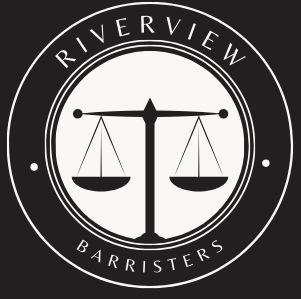Lawyers can protect buyers against contract revisions that don’t serve their best interests, mortgage loan documents containing errors, title or survey issues and disclosure requirements that must be fulfilled during the purchase process. They can also assist buyers in meeting all applicable deadlines.
Your realtor can also ensure all closing charges are fair and reasonable, and help prevent legal issues that might arise during or after the sale, such as encroachments on local property lines.
Buying a Home
While real estate agents do an outstanding job of helping their clients sell homes, they’re ill-equipped to draft legal documents or give legal advice. A lawyer is best equipped to protect your rights and interests throughout the transaction and ensure all parties comply with its terms.
In New York City and other areas of New York State, it is customary for your attorney to draft the purchase contract. Your lawyer will consider both a term sheet prepared by your real estate agent and buyers’ attorney as well as standard forms when creating the first draft of the purchase contract.
Your attorney will also order and review a title report on the property in order to ensure clear title for both seller and buyers, with no liens, easements or violations of zoning laws present on it. Finally, they will prepare closing documents before attending a final closing with all involved.
Buying a Co-Op or Condo
Cooperative apartment transactions pose unique obstacles, and having legal assistance experienced in cooperative transactions is invaluable. Coop boards typically impose an extensive application process with personal interviews as part of this application process, and mortgage lenders may hesitate to finance shares of a corporation rather than deeded property purchases. Furthermore, HOA fees and assessments can significantly impact monthly expenses.
Condos provide buyers with greater flexibility than co-ops by not requiring board approval or restrictions on who can live in the unit, where it can be used, such as as a pied-a-terre. Unfortunately, condo owners do not own direct title to the property so will not benefit from title insurance policies. Before closing, your lawyer should carefully examine several years’ worth of board meeting minutes and governing documents to identify ongoing or potentially expensive issues in the building.
Buying a Commercial Property
Buyers of commercial property typically rely on standard Purchase and Sale Agreements. But sellers would do well to have an attorney create a custom contract in order to limit post-closing liability, particularly since title insurance companies often require affidavits with more expansive warranty language that leaves the seller vulnerable after closing.
An experienced real estate attorney can interpret real estate laws and policies, draft airtight contracts and agreements and challenge any unreasonable contingency clauses included in contracts. He or she can also help meet mortgage lending requirements, review financial reports from co-ops and condo boards, order title reports and survey inspections, oversee transfer of escrow funds at closing, as well as handle any documentation at closing.
New York closing processes can be complex and time-consuming; an attorney who specializes in detail will guide you through this process by answering your questions and protecting your rights, while resolving any title report issues and helping ensure a seamless closing.
Buying a Rental Property
Rentals are an agreement-based method of leasing or borrowing property, goods or services over an agreed-upon time frame. They include renting real estate, vehicles, equipment and intangible assets like software; residential as well as commercial rentals can take place; typically this involves regular payments made to the rental owner.
Lawyers can assist a client in negotiating the terms of a contract, review closing documents to ensure accuracy, attend closing with buyer and seller (if purchasing co-op or condo), managing agent (if purchasing co-op or condo), mortgage lender and real estate agents so all promises made are fulfilled by all parties involved.
When purchasing rental properties, a lawyer should perform due diligence by reviewing two to five years of board meeting minutes and financial statements to identify any potential issues, such as large repairs needed or bed bug infestation. They can also manage landlord-tenant disputes (evictions if necessary), handle landlord-tenant conflicts (including evictions ) as well as ensure compliance with local laws. Renting allows investors to diversify their portfolio without needing to tie up capital for long-term investments.
